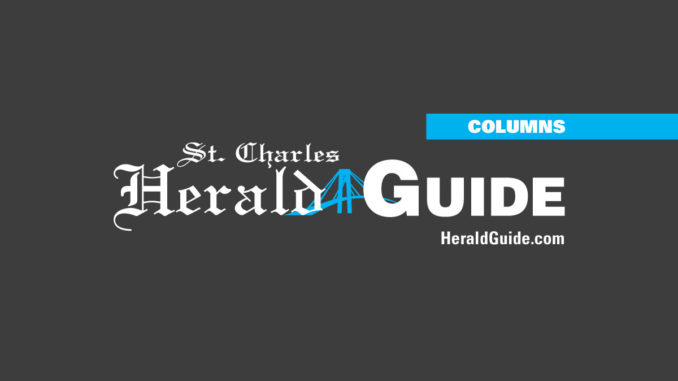
The biggest danger Louisiana faces right now isn’t the specter of more hurricanes slamming into us from the Gulf. It is the divisions within us that were driven to the forefront by the twin disasters last fall. How soon and how well the entire state of Louisiana recovers and is made whole will be determined by the degree to which our citizenry wants to be unified.In mid-September last year, I recall briefing my board of directors on trends that would develop in the aftermath of the hurricanes. I predicted bitter geographic and racial divides would come to the forefront in the ensuing months. That prediction, unfortunately, quickly became a reality.
There have always been geographic divisions in Louisiana. The very culture of the state has a dividing line somewhere around Avoyelles Parish. Since World War II, north Louisiana has felt more isolated and neglected as the population center of the state steadily moved more to the south and east. Areas outside New Orleans felt that they played second fiddle to the Orleans area when state projects were allocated, and those feelings were exacerbated in the aftermath of the storms. Some question why their areas of the state should have to pay more or receive less, since they didn’t build their homes and businesses in the path of potential hurricane destruction.
On the racial front, it didn’t take Nostradamus to see that the huge displacement of minority population from the New Orleans area was going to have severe political ramifications. Katrina depopulated entire legislative districts. Many voters left, some never to return. During the recent Special Session, the inevitable question arose as to how best to accommodate displaced voters who want to vote in the New Orleans municipal elections coming up in April. African-American legislators introduced legislation to facilitate absentee voting. Quite a ruckus arose when some of the provisions of that legislation would have allowed first-time voters to vote absentee. Current law only allows absentee voting to those who have voted in person at least once, showing identification to prove they are the person registered under that name – – a provision of law enacted to deter voter fraud.
The legislation finally enacted does allow first-time voters to register and vote absentee for only the spring elections. But this issue isn’t going away. It will be followed soon by the inevitable lawsuit that will challenge the legal status of the current legislative districts, since some have shrunk to almost nothing, while others have expanded greatly. That lawsuit may fuel more fires of racial division.
Ironically, the key issue in the recent Special Session-levee board consolidation and reform-should serve as a reminder that all of Louisiana is affected when part of it is harmed. Why should all Louisiana residents be concerned about south Louisiana destruction? One look at their next homeowner’s insurance bill should give them the answer. If the vulnerable areas of the coast are not protected to the maximum extent possible, homeowners everywhere in Louisiana shell out higher insurance rates to pay for the huge claims that follow. Some might argue that isn’t fair, but that is how the risk pool element of insurance works.
As Louisiana moves on from its disasters, now is the time for bonds to be formed, not broken. Reforming past inequities while protecting the integrity of voting, building a stronger economy throughout Louisiana, and removing more impediments to state government reform will only be possible if unity trumps division in Louisiana. The jury is out, and the nation is waiting to read our verdict.

Be the first to comment